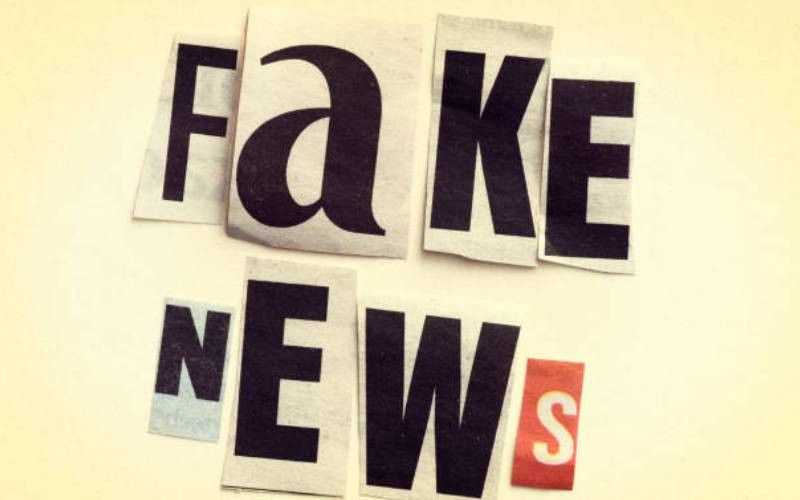×
The Standard e-Paper
Fearless, Trusted News

Not long ago, the rise of social media in people's lives inspired great optimism about its potential for flattening access to economic and political opportunity, enabling collective action, and facilitating new forms of expression.
The world is not sanguine about that potential anymore. Social media has unbelievably allowed rampant disinformation and spawned fake news campaigns to flourish.







